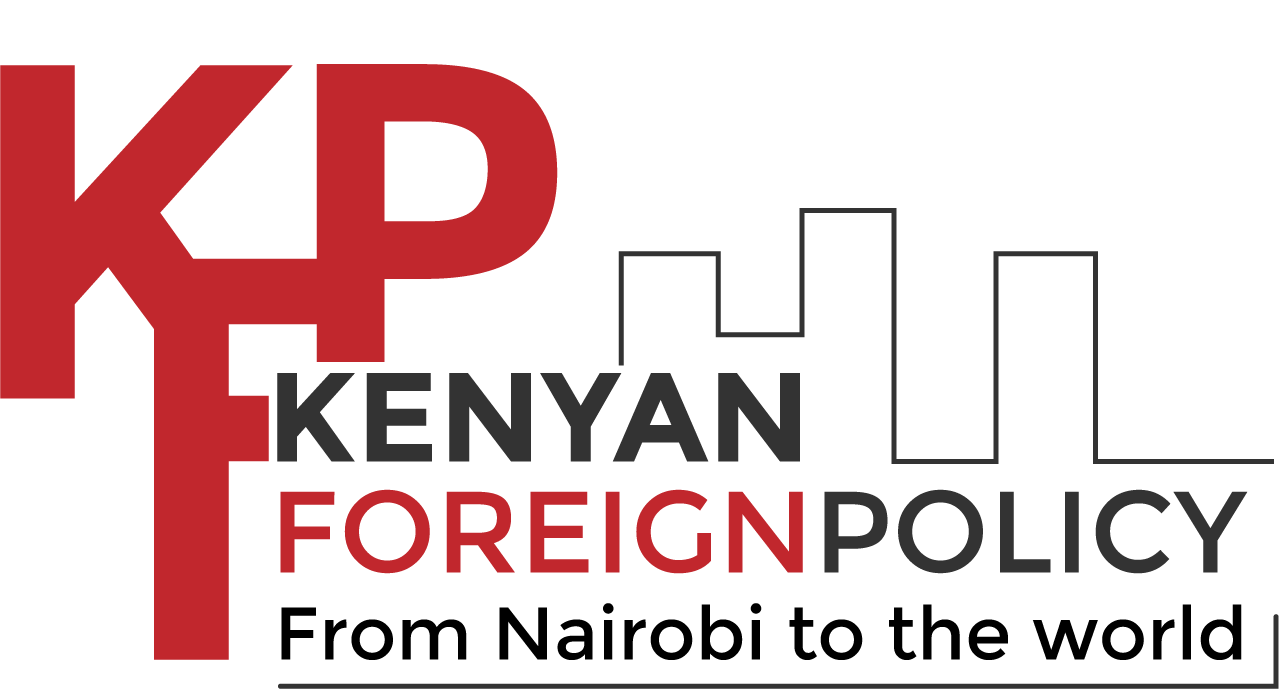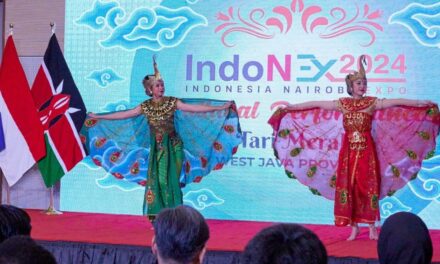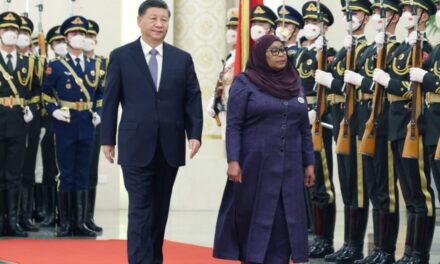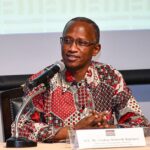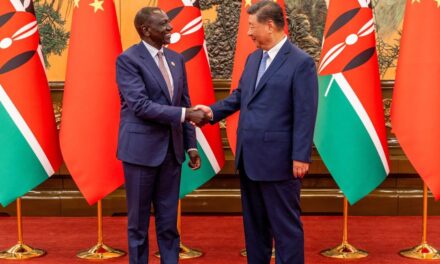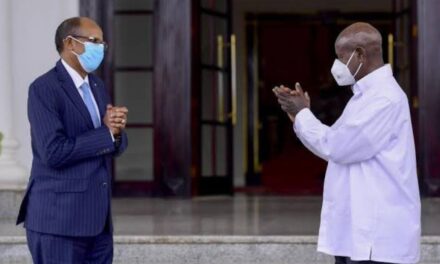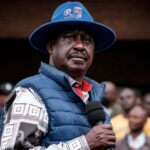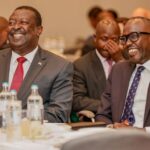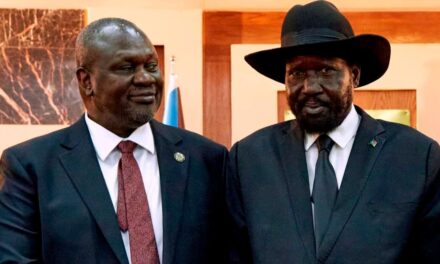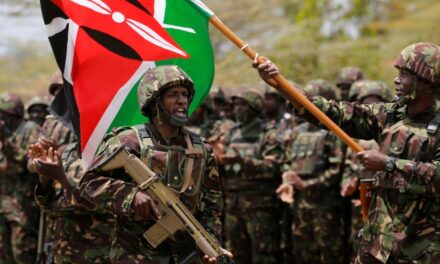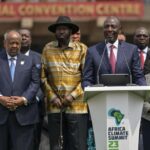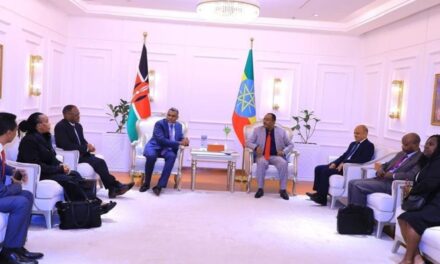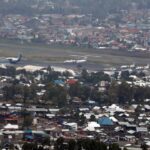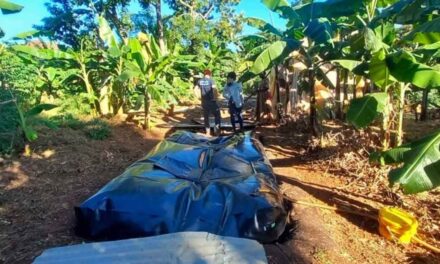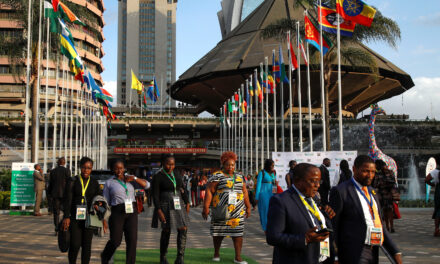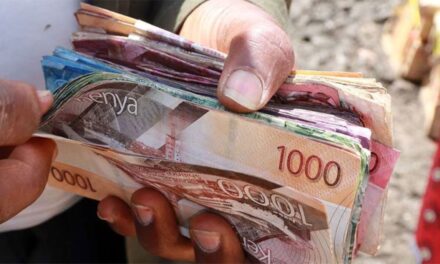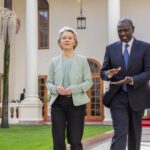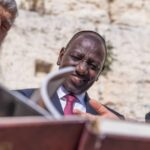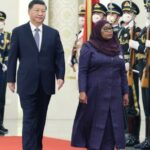

| September 13, 2024

South Sudanese President Salva Kiir Mayardit’s rule has been extended by another two years after the parties to the 2018 peace agreement agreed to postpone the December elections and extend the transitional authority. Photo: Handout
The South Sudanese government, led by President Salva Kiir Mayardit, announced on Friday evening a two-year extension of the country’s transitional period, postponing the elections initially scheduled for December 2024 to December 22, 2026.
This decision was detailed in a statement from the Presidency, citing ongoing challenges to the peace process despite the 2018 agreement that ended a five-year civil war.
Speaking to reporters, Presidential Adviser on National Security, Tut Gatluak, explained that the extension allows time to implement the remaining critical protocols of the Revitalized Agreement on the Resolution of the Conflict in South Sudan (R-ARCSS).
These include completing the permanent constitution process, conducting a national census, and registering political parties.
Minister of Cabinet Affairs, Dr. Martin Elia Lomuro, further clarified that the decision to extend the transitional period followed recommendations from electoral institutions and the security sector. He noted that several essential tasks for a successful election are still incomplete and require more time to be fully realized.
Dr. Lomuro assured the public that the government would remain operational throughout the extended period, emphasizing, “The government will not be dissolved; it will continue to operate as normal while various institutions fulfill their responsibilities.”
The Presidency highlighted that the remaining months of the current transitional period would focus on mobilizing funds to ensure the effective implementation of the revitalized peace agreement.
Dr. Lomuro stressed that these efforts are crucial for achieving lasting peace and stability in South Sudan.
The delayed elections were seen as a crucial milestone for South Sudan, drawing close international attention.
With just three months left until the originally planned General Election, uncertainty clouded the country’s political landscape.
Kenyan Maj. Gen. (Rtd) Charles Gituai, chairperson of the peace monitoring body in South Sudan (RJMEC), had repeatedly raised concerns over delays in implementing key tasks that could endanger the elections.
Speaking in August during the presentation of RJMEC’s quarterly report, Gituai underscored the need for urgent action on critical issues such as drafting a permanent constitution, refining the electoral process, and unifying forces.
“In RJMEC’s assessment, there has been insufficient progress in implementing the peace agreement during the reported period,” said Gituai. “Key tasks such as permanent constitution-making and the unification of forces remain largely at the same stage as they were at the end of the last period.”
Gituai urged the parties involved in the peace agreement to engage in dialogue on the path forward for holding elections and specifically called for support of the Tumaini initiative to achieve comprehensive peace in the country.
The commission has warned that without swift action on these critical fronts, the elections could face significant challenges, posing a potential threat to South Sudan’s stability and future democratic process.
Your support empowers us to deliver quality global journalism. Whether big or small, every contribution is valuable to our mission and readers.
